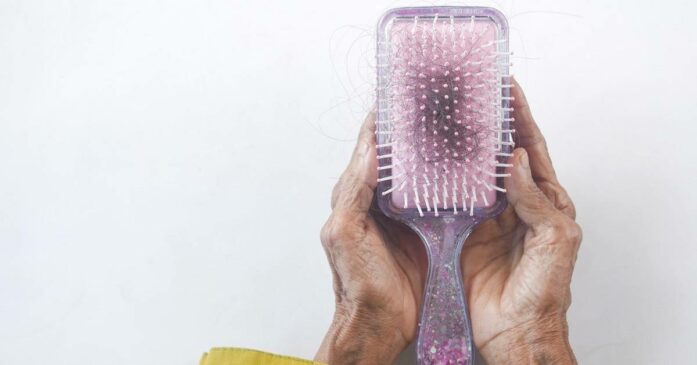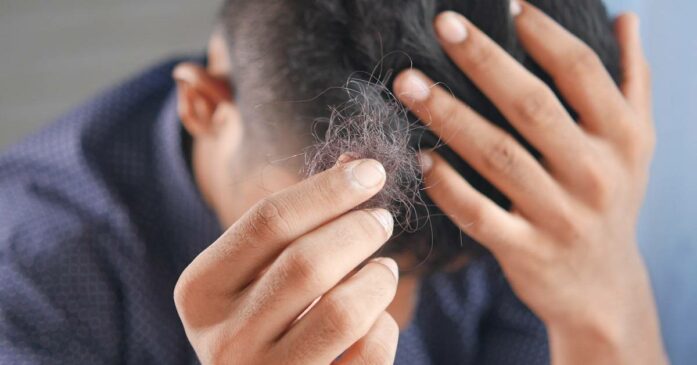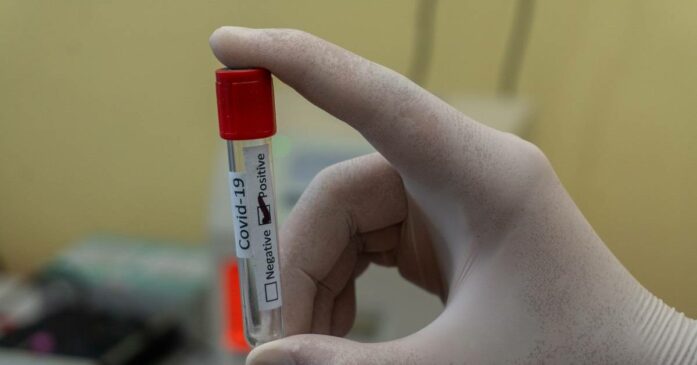
One of the most fundamental ways to monitor your overall physical health is through routine blood testing. Regular testing can help you monitor how your body changes over time, as well as provide you with the information you need to make wise health decisions. Discover the benefits of booking a blood test with our Solihull pharmacy by reading on. From identifying potential health issues to monitoring ongoing conditions, a blood test can provide valuable insights into your health. Find out more about our blood testing services and how they can benefit you.
What does a blood test show?
Your doctor can use some blood tests to find out how well your body’s organs are functioning. Blood tests can reveal issues with your thyroid, liver, or kidneys, as well as other organs.
Blood tests can also be used to look for disorders and diseases that may be present, such as:
– Diabetes
– Cancer
– HIV
– Anaemia
– Coronary heart disease
A blood test can determine whether a person is at risk of getting heart disease even if they do not currently have the condition.
What are the types of blood tests?
Below are some common blood tests:
Complete blood count
During a routine complete blood count (CBC), 10 different components of each of the three main blood cells—white blood cells, red blood cells, as well as platelets—are measured. This test examines the red blood cell count, haemoglobin, and haematocrit, among other important factors.
Blood cholesterol test
Cholesterol is a fatty chemical that is mostly produced by the liver from the fatty foods you consume. It’s essential for the body’s normal operation.
A high cholesterol level can increase the chance of developing catastrophic conditions like strokes and heart attacks.
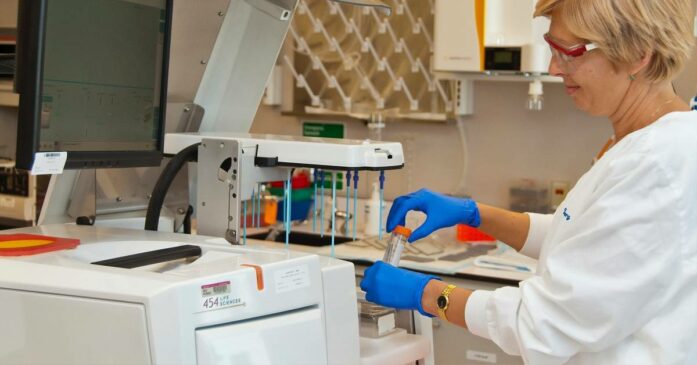
Blood culture
A blood culture test is done to determine whether you have a systemic infection. NICE (UK National Institute for Health and Care Excellence) recommends that all patients suspected of having sepsis should have a sample taken for blood culture testing.
Blood gas test
This test is done to analyse the blood’s chemical composition and oxygen as well as carbon dioxide levels. Only in settings such as A&E and intensive care units would this be carried out. The test is also used if you have lung issues or breathing difficulties.
Blood glucose (Hb A1c)
This test is used to check the level of your blood glucose. It helps you receive a precise diabetes diagnosis and directs your doctor toward the most effective course of action for you.
Blood typing
Blood typing is done before a blood transfusion or when determining a person’s blood type for donation. It also guarantees that you obtain the proper blood type before surgery or following an injury. Blood typing is a quick and simple process.
Incompatible blood can cause blood clumping, also known as agglutination, which can possibly lead to death.
What’s the importance of regular blood testing?
Regular blood testing is an important component of maintaining good health. It can help identify potential health problems before they become more serious. Blood tests can provide information about the state of your overall health. These include your cholesterol levels, blood sugar levels, kidney function, liver function, and more.
How do you prepare for a blood test?
Preparing for a blood test can help ensure accurate results and a more comfortable experience. Your healthcare provider may provide specific instructions for preparing for your blood test, such as fasting for a certain period of time or avoiding certain medications. Try to follow these instructions carefully to help ensure accurate results.
You should also drink plenty of water to help make it easier to draw blood. It can also help prevent light-headedness or fainting during the procedure.
Choose clothing that allows easy access to your arm, such as a short-sleeved shirt. This can help make the process more comfortable and efficient.
Blood tests are a common and routine medical procedure, but if you feel anxious or nervous, let your healthcare provider know. They may be able to offer additional support or suggest relaxation techniques to help you feel more comfortable.
During the blood test:
– A healthcare professional will clean the area where the needle will be inserted, usually the inside of your elbow.
– They will then insert a needle into a vein and draw a small amount of blood.
– Once the blood has been collected, the needle will be removed, and a bandage or pressure will be applied to the area to stop any bleeding.
– The blood sample will be sent to a laboratory for testing, and your healthcare provider will inform you of the results when they become available.
The entire process usually takes only a few minutes, and most people experience only mild discomfort. After the test, it’s important to continue drinking plenty of water to help replace any fluids lost during the procedure.
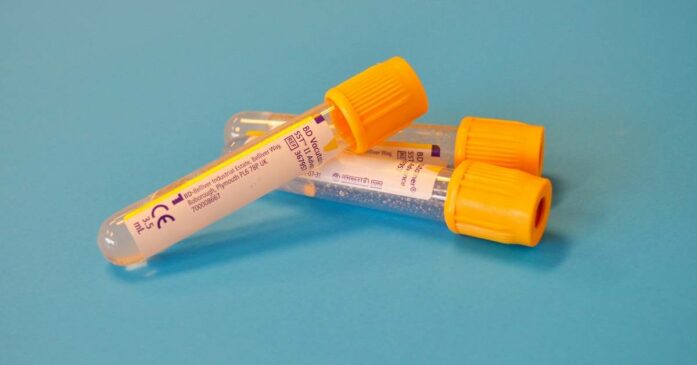
Where can I do a blood test in Solihull?
Get in touch with Halo Pharmacy to get a blood test in Solihull and ensure that you are updated about your health.
This blog post was written on behalf of Halo Pharmacy by Pharmacy Mentor.


